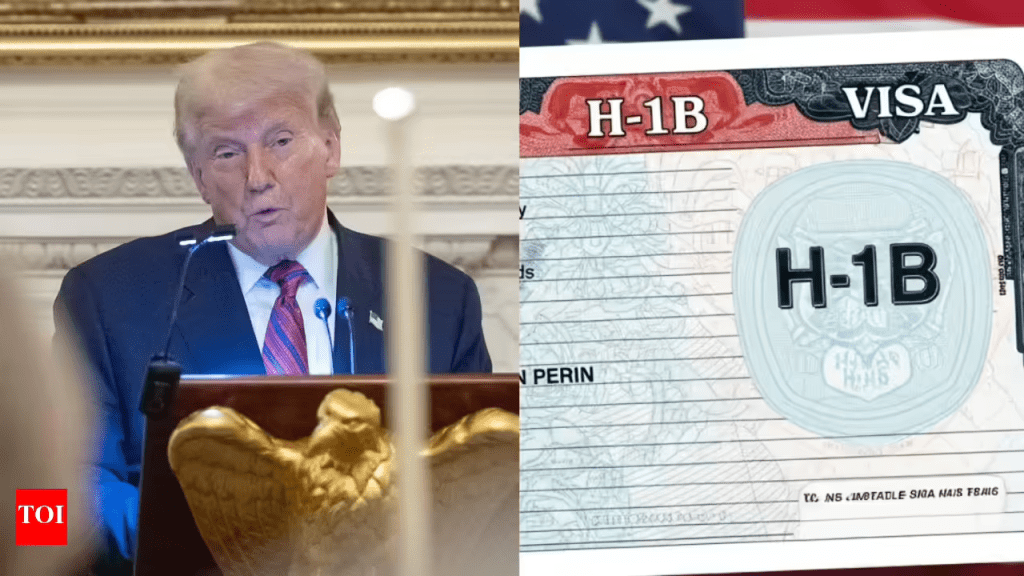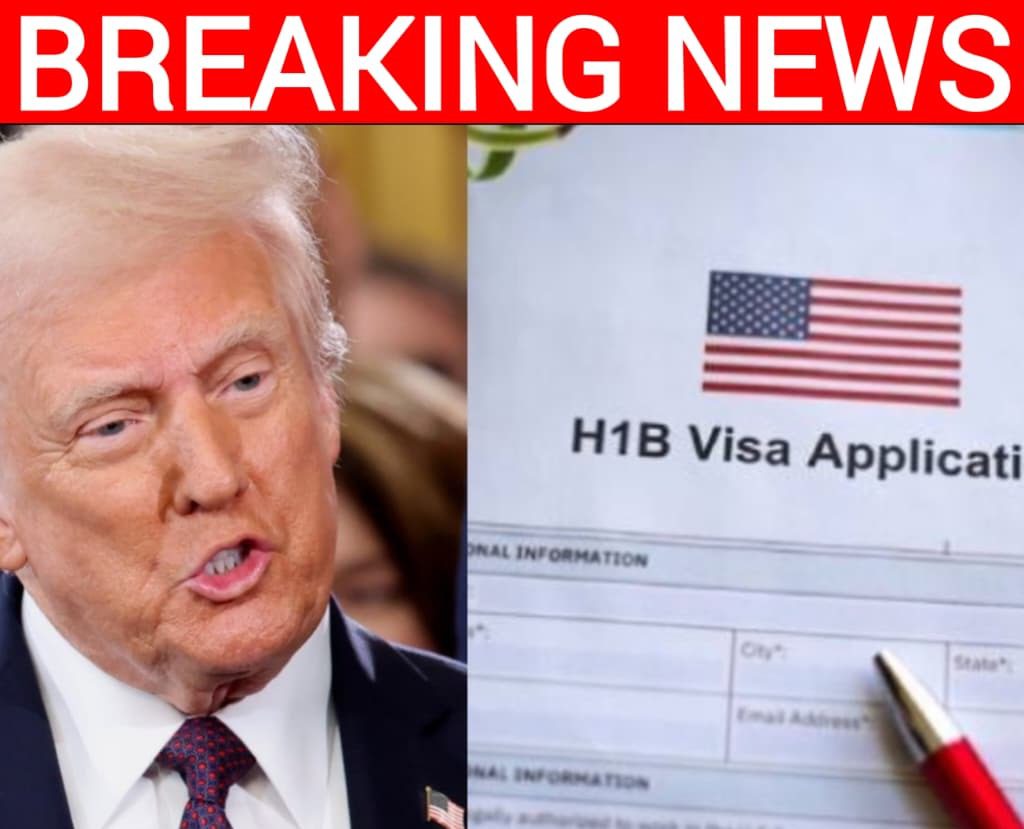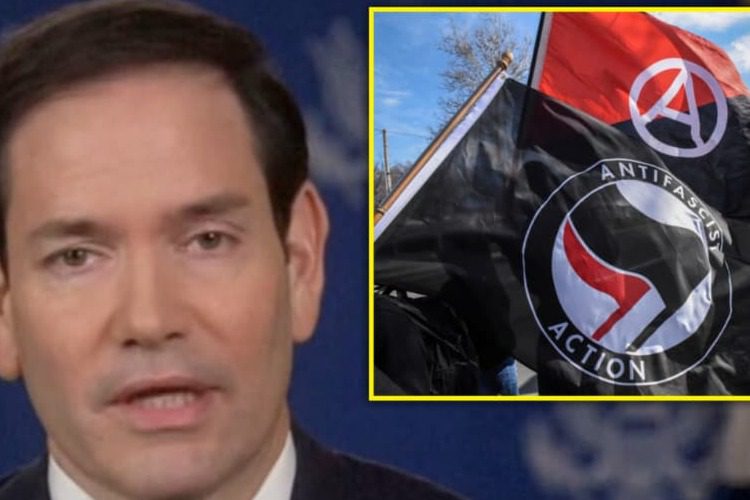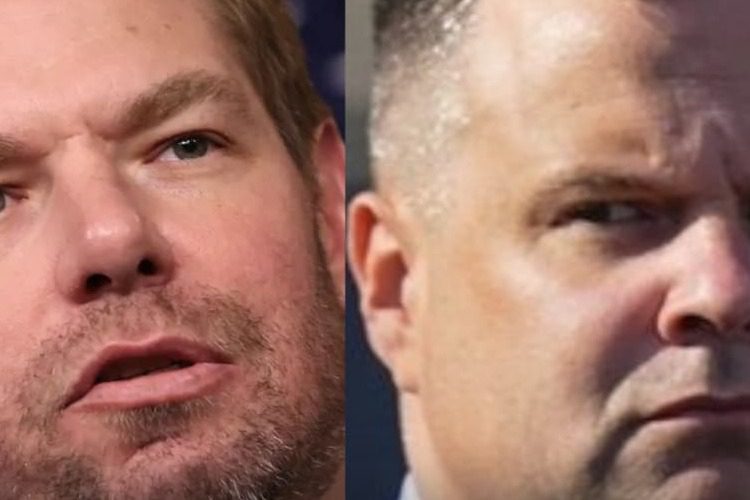President Trump Announces Bold Crackdown on H-1B Visa Abuse With Massive $100,000 Application Fee to Protect American Jobs
In a stunning move that has already shaken Washington and Silicon Valley, President Donald Trump is preparing to sign a proclamation that would raise the cost of an H-1B visa application from around $1,000 to a staggering $100,000. The announcement, reported late Friday, sent shockwaves through the business and tech communities while firing up Trump supporters who see the decision as one of his strongest steps yet to defend American workers.

The H-1B visa program has long been controversial. On paper, it allows U.S. companies to bring in highly skilled foreign workers to fill gaps in industries like technology and engineering. But critics argue that the system has been abused, with major corporations and staffing firms using it to import cheaper labor at the expense of American jobs. For years, there have been stories of U.S. employees being forced to train their replacements from overseas before being let go. Trump has frequently pointed to these stories as examples of how American workers are betrayed by loopholes in the system.
Now, with this massive fee hike, the President is sending a clear message: companies that want to rely on foreign labor will have to pay an enormous price to do so. The goal, as stated by those close to the administration, is to push firms to hire and invest in American talent first. At a time when the economy is still adjusting to rapid shifts in technology and global competition, the move represents a bold effort to reset priorities toward protecting U.S. workers.

The scale of the increase is what makes this announcement so extraordinary. For years, H-1B visa applications cost companies just over $1,000, a manageable fee for large firms that file thousands of petitions each year. Raising the price tag to $100,000 completely changes the equation. It would mean that only the most serious cases, where companies truly cannot find American talent, would justify the expense. Smaller firms and staffing agencies that have used the program aggressively would likely have to back off, leveling the playing field for American job seekers.

Reactions to the news have been intense. Supporters of Trump’s plan are praising it as a long overdue crackdown on corporate abuse. They argue that the United States should never allow its workers to be undercut by lower-cost labor from abroad, especially in industries where plenty of qualified Americans are ready to work. For them, this is about fairness, dignity, and restoring confidence that the system works for citizens.
Opponents, especially in the tech industry, are warning that the change could damage innovation and slow growth. They argue that access to global talent is necessary for staying competitive in fields like artificial intelligence and engineering. Some also question whether such a sharp increase is legally sustainable or if it will be challenged in the courts. Still, the White House appears confident, with sources saying the move is about restoring balance and preventing abuse, not shutting the door on all foreign workers.
For ordinary Americans following the news, the emotional reaction has been one of relief and pride. For too long, the H-1B program has been viewed with suspicion and frustration. Seeing a president take such a dramatic step to fix it feels like validation for workers who have felt overlooked. The sheer size of the proposed fee is a reminder that Trump’s approach to policy often matches his personality: bold, unapologetic, and designed to shake things up.
If signed, this proclamation could go down as one of the most memorable labor-related decisions of Trump’s presidency. It directly touches the lives of millions of workers, the strategies of the biggest tech companies, and the broader debate about what it means to put America first. Whether it becomes a new standard or faces pushback remains to be seen, but what cannot be denied is that Trump has once again forced the nation to pay attention. In a world where policy debates often get lost in the weeds, this decision is clear, simple, and impossible to ignore.



